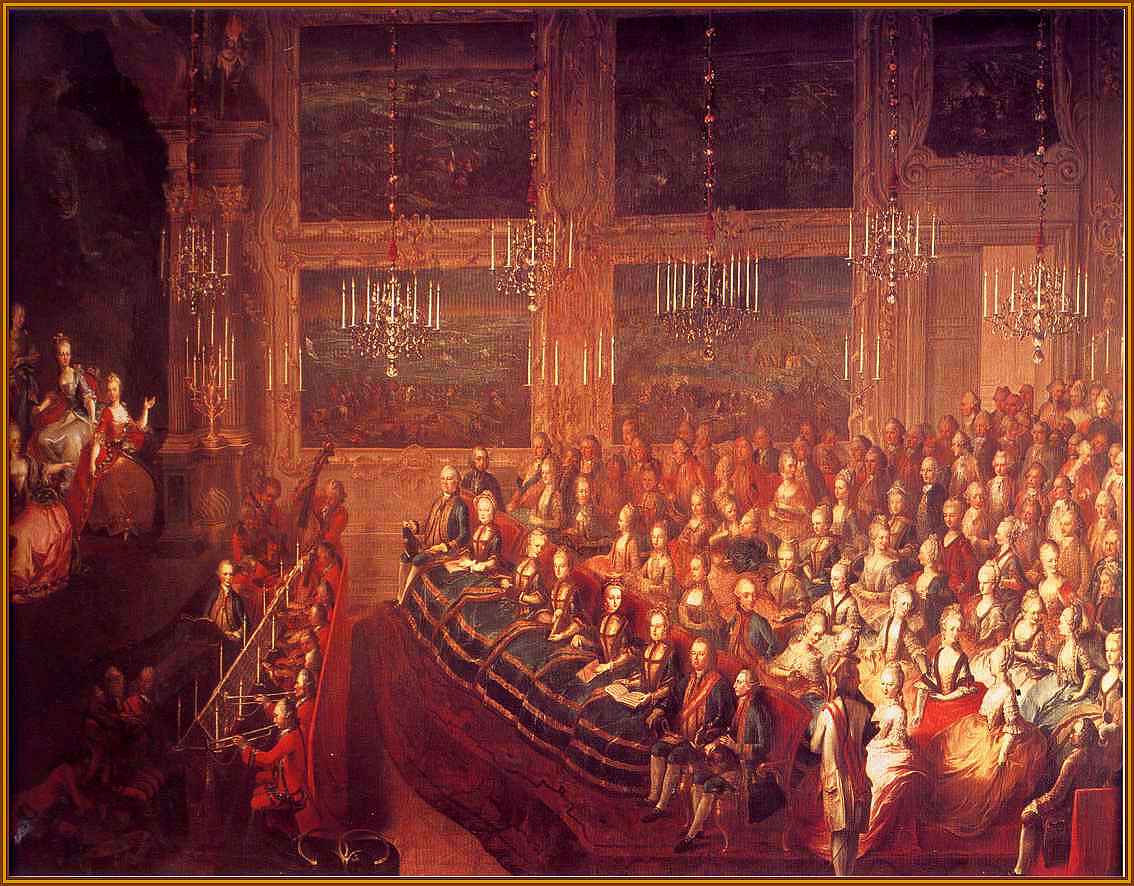 |
|
BMC 10 HENRY PURCELL (1659-1695): MUSIC FOR THE LONDON THEATRE CHAMBER MUSIC FOR LONDON CONCERTS
Carl Pini and John Tunnell, violins
ORCHESTRA of the ACCADEMIA MONTEVERDIANA, |
1. Incidental Music for DISTRESSED INNOCENCE, Z577 (1690)
4. Trio Sonata 10 in D Major, Z811 from the 1697 set of ten
7. Incidental Music for ABDELAZER, Z570 (1695) |
Henry Purcell was the finest and most original composer of his day.
Though he was to live a very short life he was able to enjoy and make full use of the renewed flowering of music in England following the Restoration of the Monarchy. In addition to his royal duties - he worked in Westminster for three different Kings over twenty-five years - Purcell devoted much of his talent to writing operas, or rather musical dramas, and incidental stage music. Most of Purcell's theatre music was written between 1690 and 1695 (the year of his death), and within that relatively brief period he supplied music for more than forty plays. Much of the instrumental music was published in 1697, when the composer's widow compiled A Collection of Ayres, Compos'd for the Theatre, and upon Other Occasions. This body of music, viewed as a whole, shows that Purcell gave to the theatre some of his happiest melodic inspirations, distributed among solemn overtures, cheerful or pathetic airs, and delightful dances of every imaginable kind. Purcell also became involved with the growing London public concert scene for which he wrote chamber music in the form of harpsichord suites and trio sonatas. In these varied and highly enjoyable works Purcell expresses his own special technique of modulation and transition, his highly personal melodic sense and his ability to employ bold strokes of chromaticism which catch the listener unawares and add that highly distinctive Purcellian touch. All of the music in this programme was thus composed expressly for the pleasure and enjoyment of a critical audience, whether at the theater or the public chamber music concerts. Today's listener will find it no less enjoyable.
|
|
|